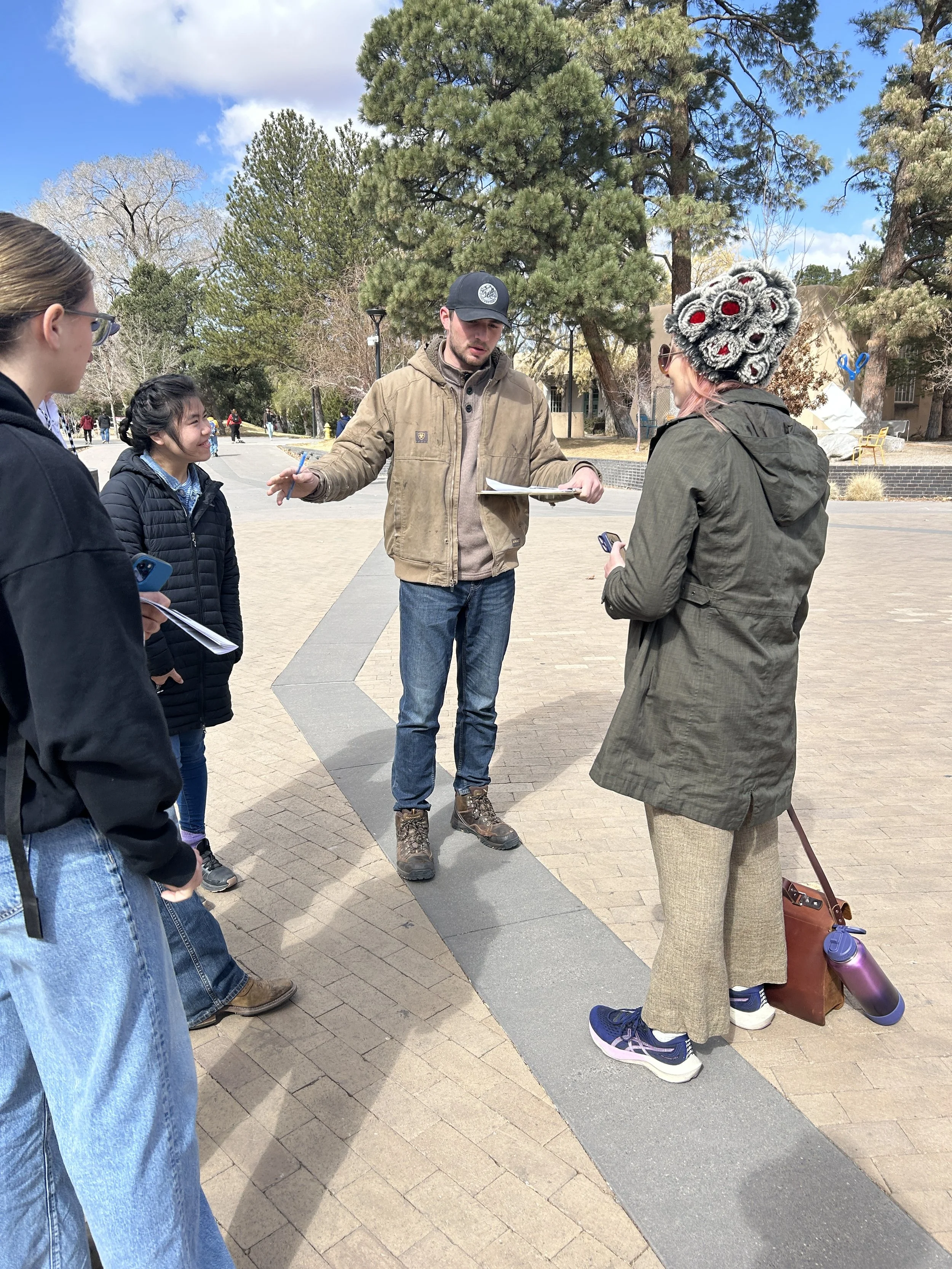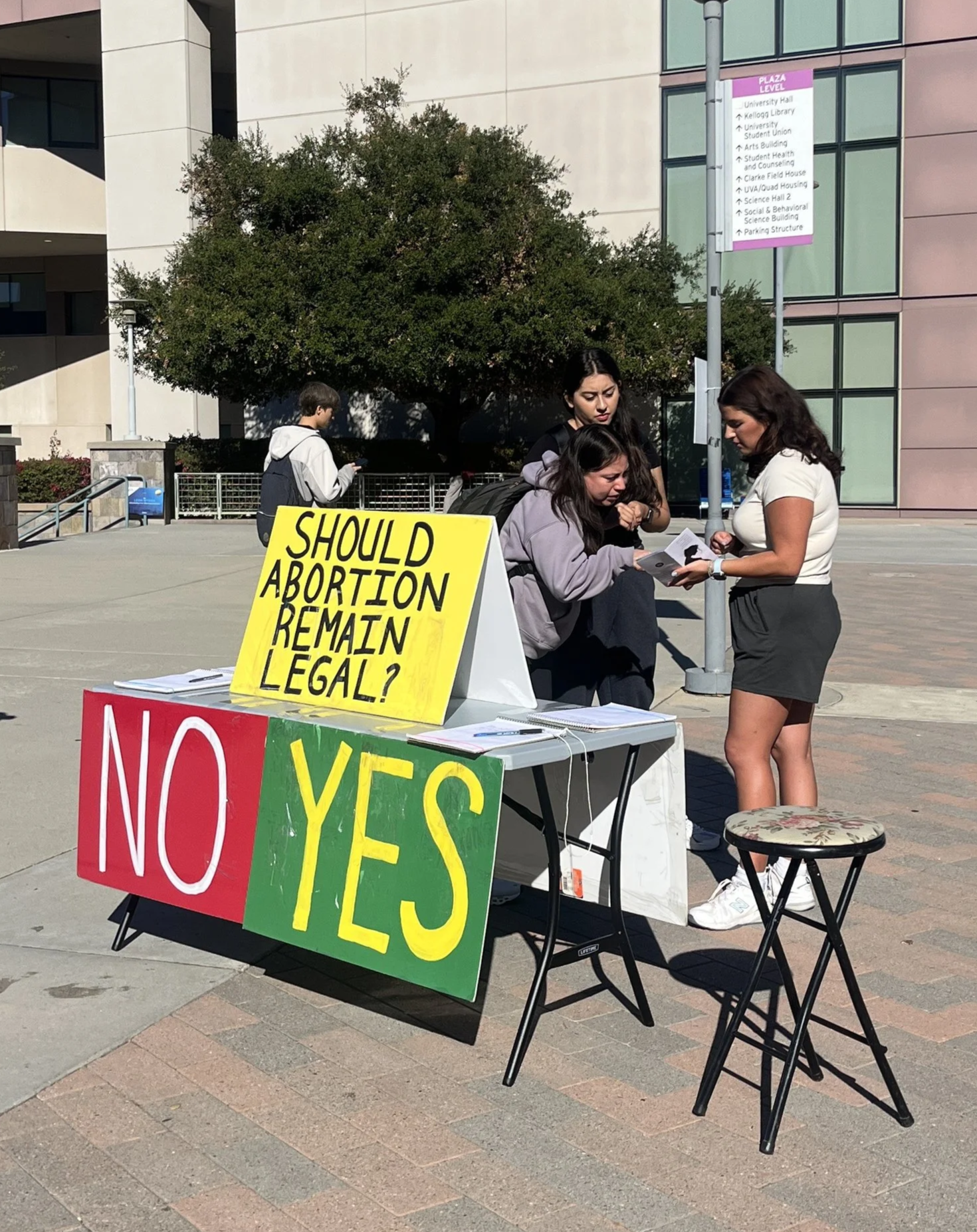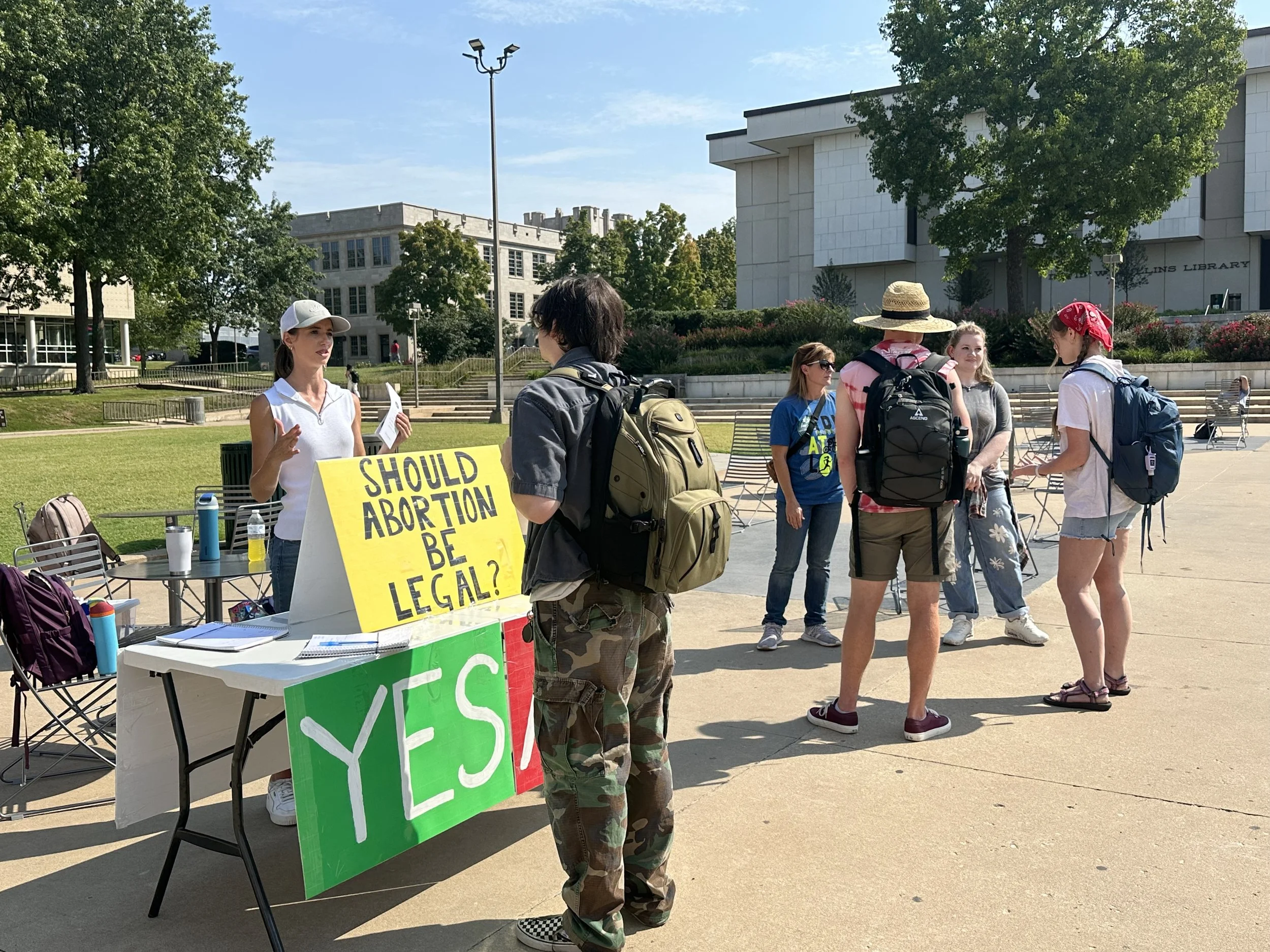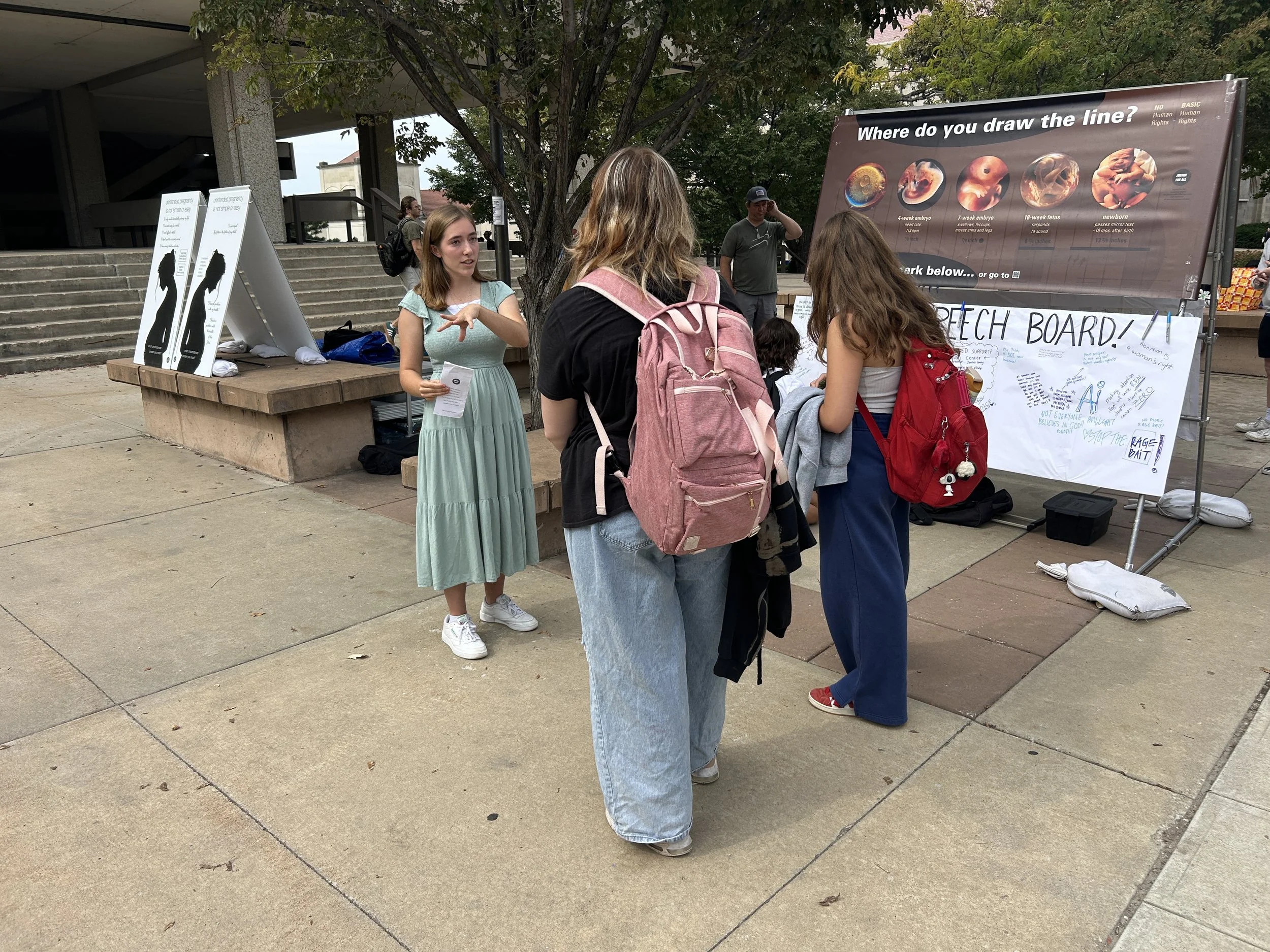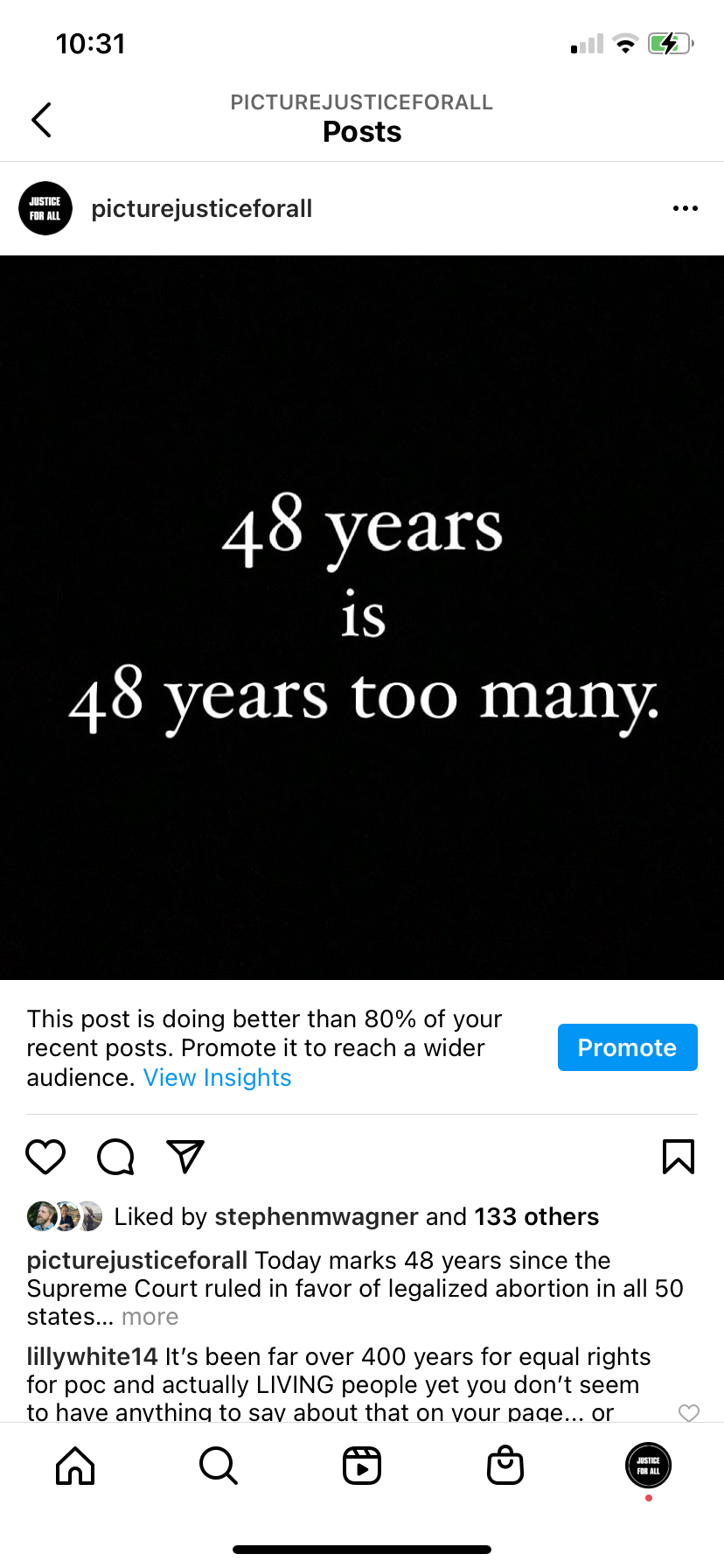We received a kind note from a supporter recently making a point about our the name of our online workshops, Love3. (Get more information and register now! Workshops begin January 18.) Here’s an excerpt:
What a beautiful theme: to actively love the mother, child, and conversation partner. Perhaps father, known or unknown, should be included in that circle, as well. Changing the hearts of women’s partners could have a huge effect on whether or not a woman experiences an unplanned pregnancy in the first place; and whether she experiences it alone and desperate, or supported, cared for and in partnership.
Perhaps in the future JFA can put together a team, especially of men, to mentor to our young men on campus as to how they can honor women by not engaging in pre-marital sex, by truly thinking through their sexual actions to the probable conclusion, and by actively shouldering the consequences of their actions with manly honesty, unselfishness, and openness to life.
Here’s my reply:
I wholeheartedly agree that men should receive more focus, especially in the ways you have stated in your email. I appreciate the idea of developing a team of men for special focus on helping men develop "manly honesty, unselfishness and openness to life," as you have said. We'll keep this idea in mind as we continue to seek better ways to reach people. You have rightly pointed out how instrumental men are in the process and how important it is that we not forget them.
Let me explain a bit more about the reasons behind the focus on the woman in Love3. Before I do, though, I admit that no name is perfect, and our team is taking new ideas and changes into consideration. When I talk about the Love3 idea in presentations, I talk about loving "anyone dealing with unintended pregnancy and abortion directly," which includes men. So, that was really the intention of this Love3 idea all along.
In trying to find a way to simply communicate what we're talking about in promoting these workshops, however, I found it necessary to simplify this idea down to a focus on the woman. In conversations, there is a reason to give special focus to the woman, after all: she is affected bodily by the child's presence and she can by law get an abortion without the father's knowledge or approval. In addition, when people interact with us, they are many times very keyed in on how we treat the woman who's pregnant during the conversation. While I agree wholeheartedly that men are both affected by and affect greatly the situation of unintended pregnancy, the average pro-choice advocate is not particularly concerned about the man.
So, while I agree that in a conversation we should also have in mind actively loving the man who is directly involved in unintended pregnancy, this does not provide as clear a guide to pro-life advocates aiming to create the sort of conversation that will intrigue pro-choice advocates and cause them to change their mind about abortion. To be sure, bringing up the man and his role at various points is important for helping people develop an accurate view of sexuality, pregnancy, honor, and integrity. But focusing on the man is not as important as caring for the pregnant woman as we seek to help people be open to changing their minds about abortion.
Remember that the moniker Love3 is meant to be a guide for how to proceed in the midst of a conversation in which we're aiming to change someone's mind. That's why we focus in our promotion of Love3 on loving the woman, the child, and the person with whom we're speaking. It's absolutely essential in most conversations with pro-choice advocates to keep each of these three groups of people in our field of vision as we seek to persuade.

